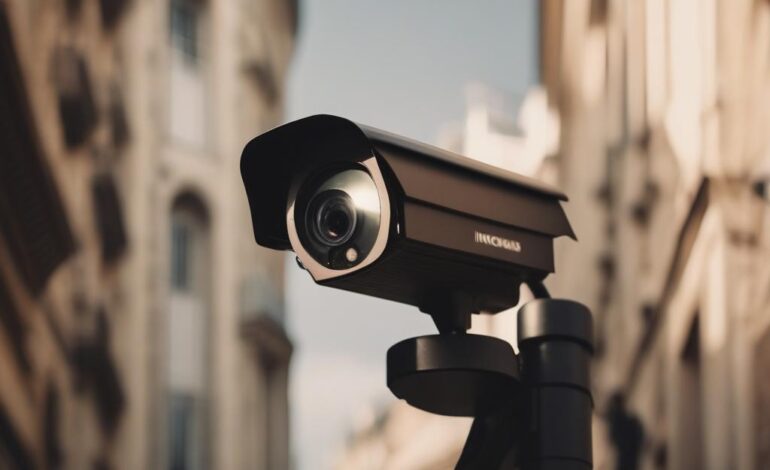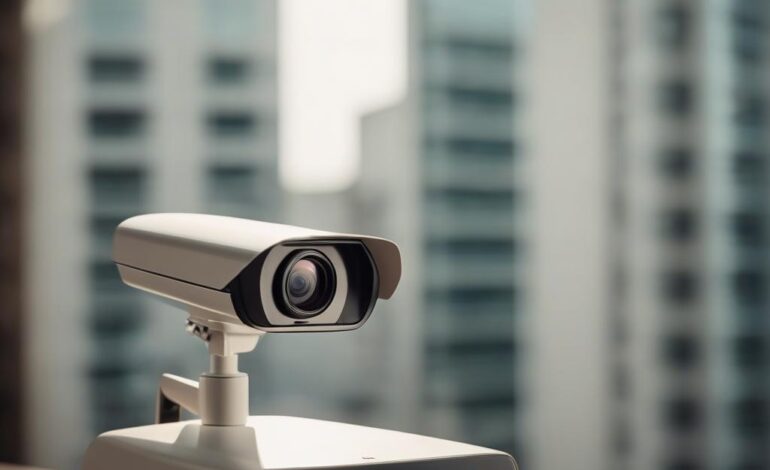The Controversy Surrounding the “Karely Ruiz Leaked” Incident

-
Table of Contents
- The Controversy Surrounding the “Karely Ruiz Leaked” Incident
- The Karely Ruiz Leaked Incident: What Happened?
- The Implications of the “Karely Ruiz Leaked” Incident
- 1. Privacy in the Digital Age
- 2. Consent and Digital Ethics
- 3. Responsibility of Online Platforms
- Q&A
- 1. How can individuals protect their privacy online?
- 2. What legal measures exist to address non-consensual sharing of explicit content?
- 3. How can online platforms improve their response to incidents like the “Karely Ruiz leaked” case?
- Summary
In recent months, the internet has been abuzz with discussions about the “Karely Ruiz leaked” incident. This controversy has sparked debates about privacy, consent, and the responsibility of individuals and platforms in the digital age. In this article, we will delve into the details of the incident, explore its implications, and discuss the broader issues it raises.
The Karely Ruiz Leaked Incident: What Happened?
The “Karely Ruiz leaked” incident refers to the unauthorized release of private and intimate content involving Karely Ruiz, a well-known public figure. The leaked material, which included explicit images and videos, quickly spread across various online platforms, causing significant distress to Ruiz and her supporters.
While the exact details of how the content was leaked remain unclear, it is believed that the material was obtained without Ruiz’s consent and subsequently shared without her permission. The incident highlights the vulnerability of individuals in the digital age and raises important questions about privacy and consent.
The Implications of the “Karely Ruiz Leaked” Incident
The “Karely Ruiz leaked” incident has far-reaching implications that extend beyond the immediate impact on Ruiz herself. Here are some key areas of concern:
1. Privacy in the Digital Age
The incident underscores the challenges individuals face in maintaining their privacy in an increasingly interconnected world. With the proliferation of social media platforms and the ease of sharing content, it has become crucial for individuals to be vigilant about protecting their personal information and digital assets.
Case Study: The iCloud Hack
The iCloud hack in 2014 serves as a stark reminder of the vulnerability of personal data stored online. Hackers gained unauthorized access to numerous iCloud accounts, resulting in the leak of private photos and videos of several celebrities. This incident highlighted the need for stronger security measures and raised awareness about the importance of safeguarding personal information.
2. Consent and Digital Ethics
The “Karely Ruiz leaked” incident raises important questions about consent and the ethical implications of sharing intimate content without permission. It serves as a reminder that consent should always be sought and respected, regardless of the context or the individuals involved.
Statistics: The Prevalence of Non-consensual Sharing
A study conducted by the Cyber Civil Rights Initiative found that 1 in 8 Americans have experienced the non-consensual sharing of explicit images. This alarming statistic highlights the widespread nature of this issue and the urgent need for stricter laws and regulations to protect individuals from such violations.
3. Responsibility of Online Platforms
The incident also raises questions about the responsibility of online platforms in preventing the spread of unauthorized and non-consensual content. While platforms have implemented measures to combat such incidents, the “Karely Ruiz leaked” incident highlights the need for continuous improvement in detecting and removing such content promptly.
Example: Social Media Policies
Platforms like Facebook, Instagram, and Twitter have implemented policies to address the sharing of explicit content without consent. These policies aim to protect users and provide mechanisms for reporting and removing such content. However, the effectiveness of these policies is an ongoing debate, and incidents like the “Karely Ruiz leaked” case highlight the need for further scrutiny and improvement.
Q&A
1. How can individuals protect their privacy online?
Individuals can take several steps to protect their privacy online:
- Regularly review and update privacy settings on social media platforms.
- Use strong, unique passwords for online accounts.
- Avoid sharing sensitive information with untrusted sources.
- Be cautious when clicking on links or downloading files from unknown sources.
- Consider using encryption tools and virtual private networks (VPNs) to enhance online security.
2. What legal measures exist to address non-consensual sharing of explicit content?
Legislation varies across jurisdictions, but many countries have introduced or are in the process of introducing laws to address the non-consensual sharing of explicit content. These laws typically criminalize such actions and provide avenues for victims to seek legal recourse.
3. How can online platforms improve their response to incidents like the “Karely Ruiz leaked” case?
Online platforms can enhance their response to such incidents by:
- Implementing stricter content moderation policies and algorithms to detect and remove unauthorized and non-consensual content promptly.
- Providing clear reporting mechanisms for users to report violations.
- Collaborating with law enforcement agencies to investigate and prosecute individuals involved in the unauthorized sharing of explicit content.
- Continuously educating users about privacy settings, consent, and responsible online behavior.
Summary
The “Karely Ruiz leaked” incident serves as a stark reminder of the challenges individuals face in maintaining their privacy in the digital age. It highlights the importance of consent, the need for stronger legal measures, and the responsibility of online platforms in preventing the unauthorized sharing of explicit content. By taking proactive steps to protect their privacy and advocating for stricter regulations, individuals can contribute to creating a safer and more respectful online environment.



